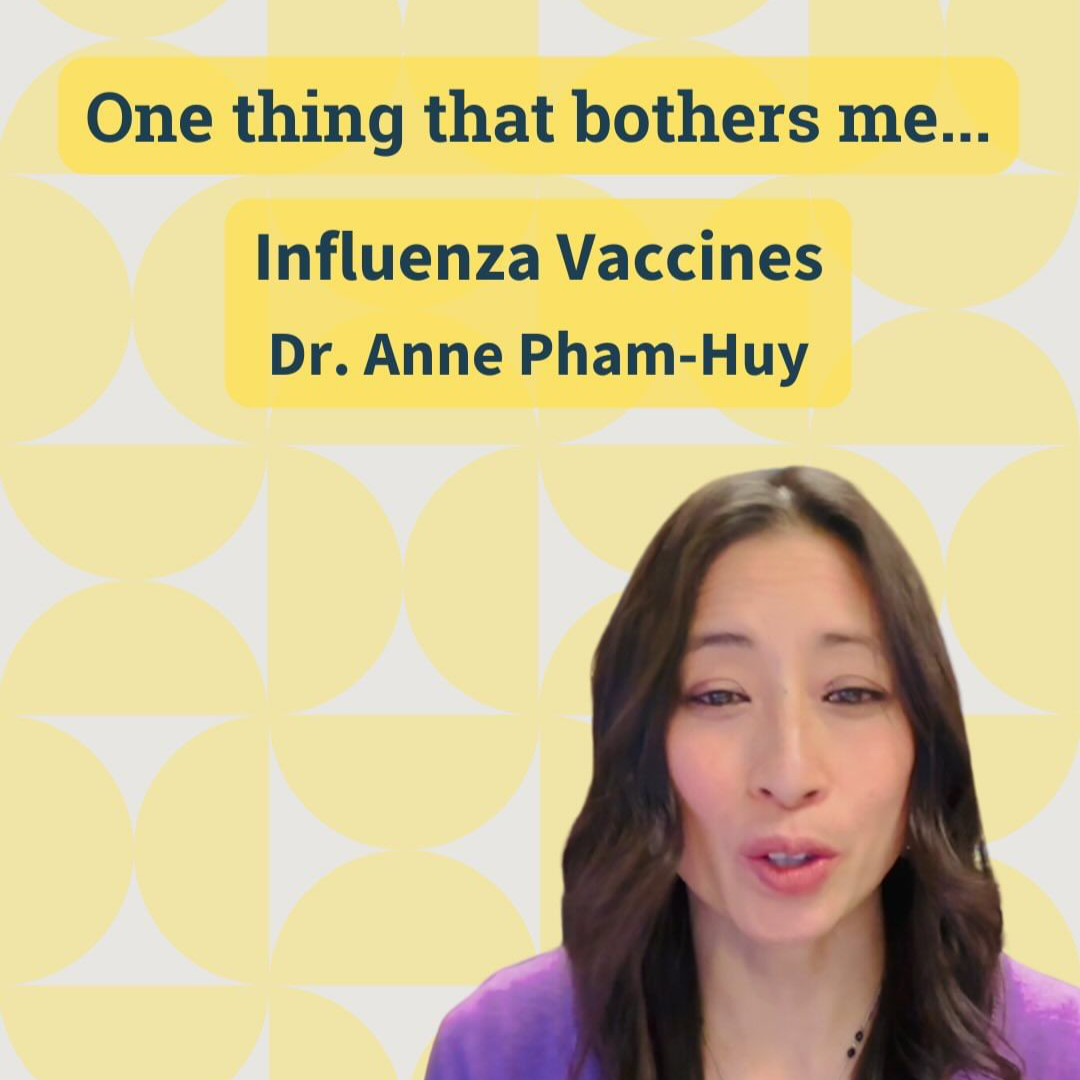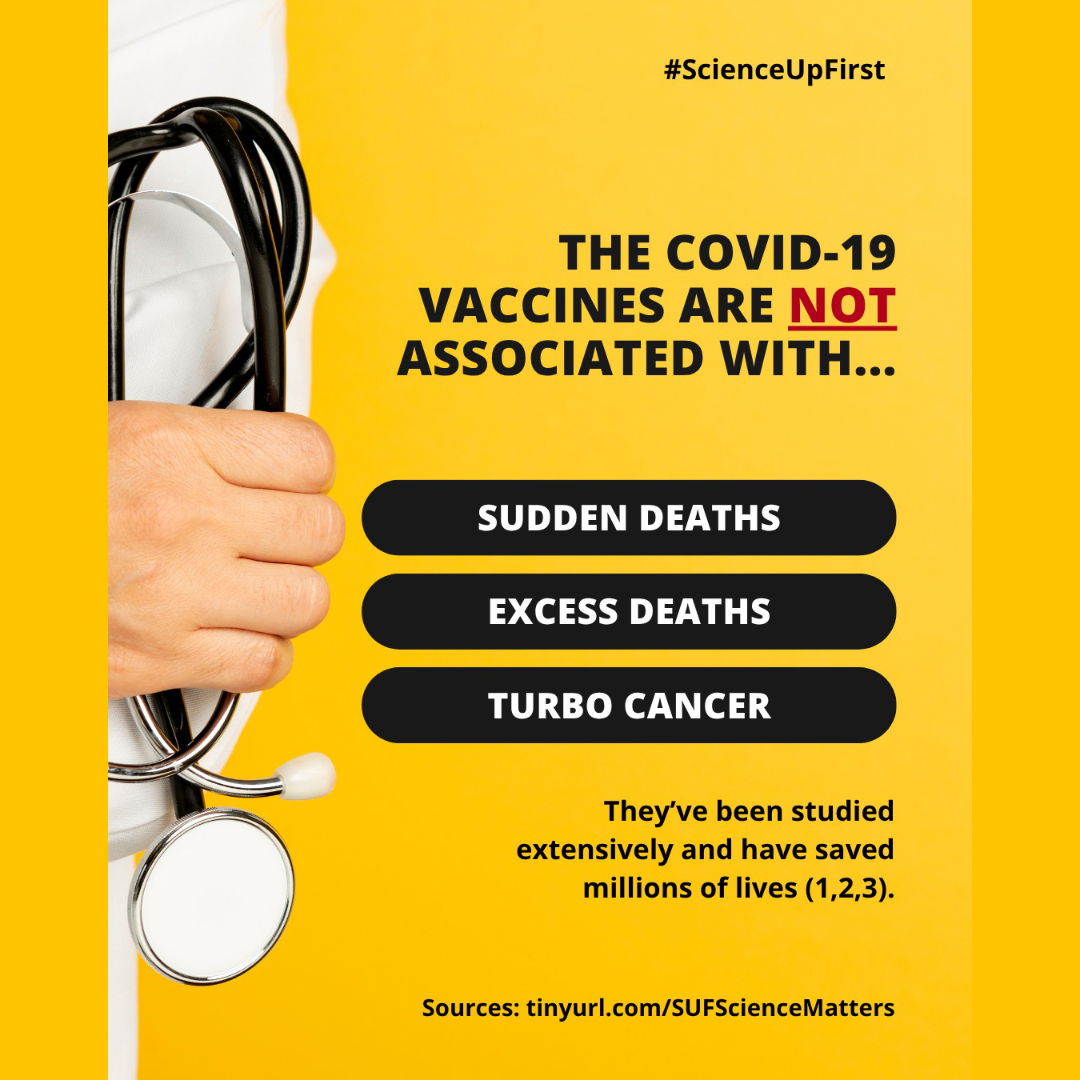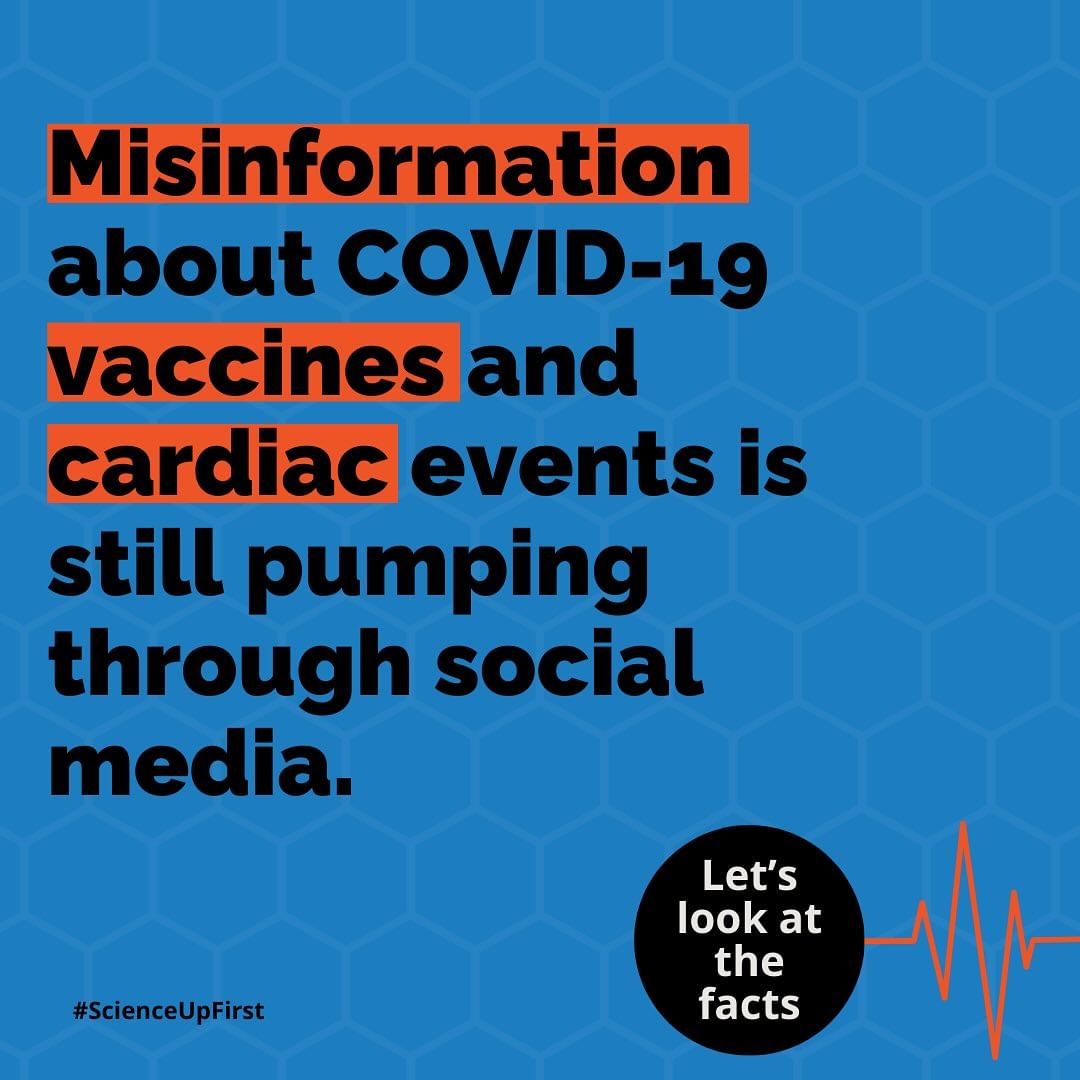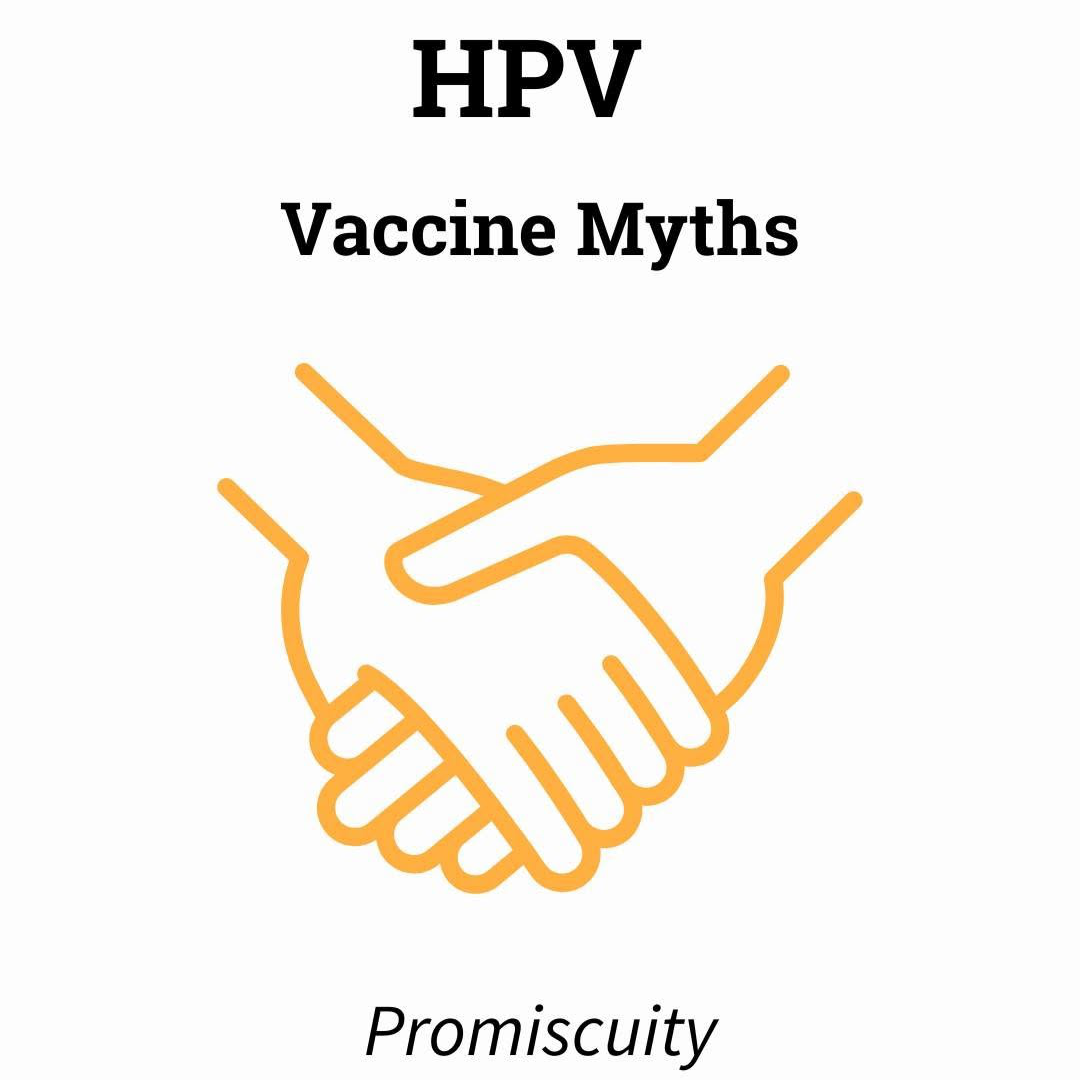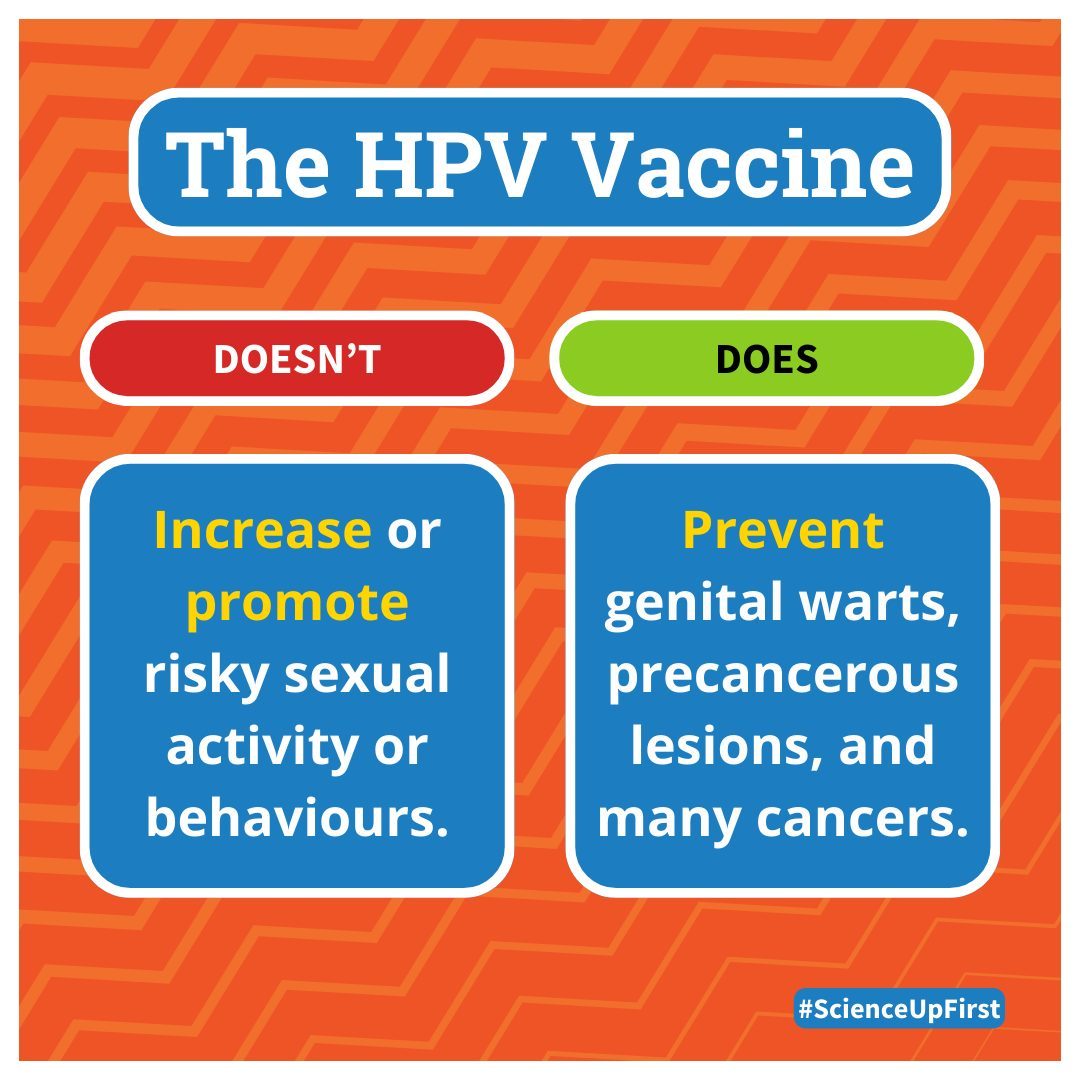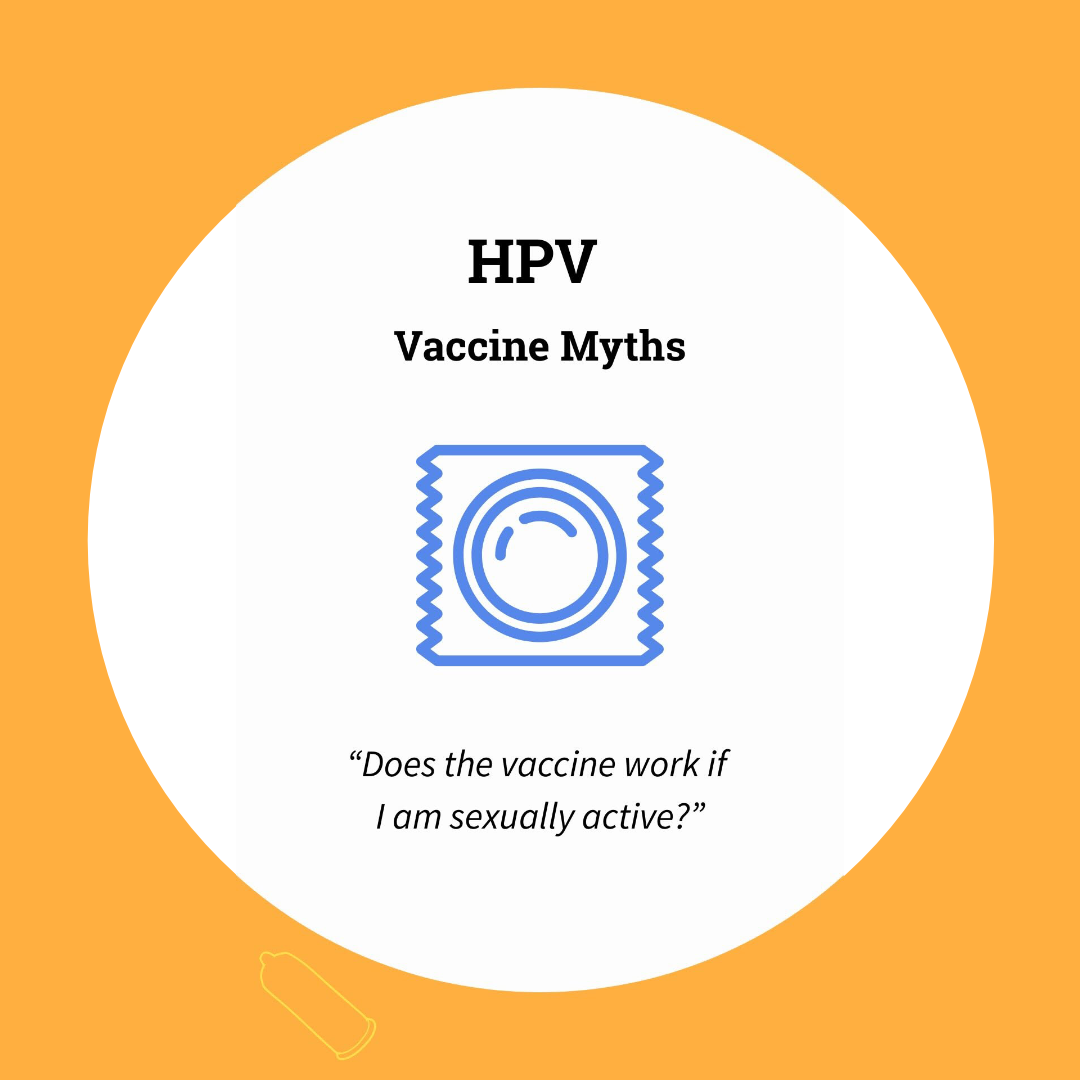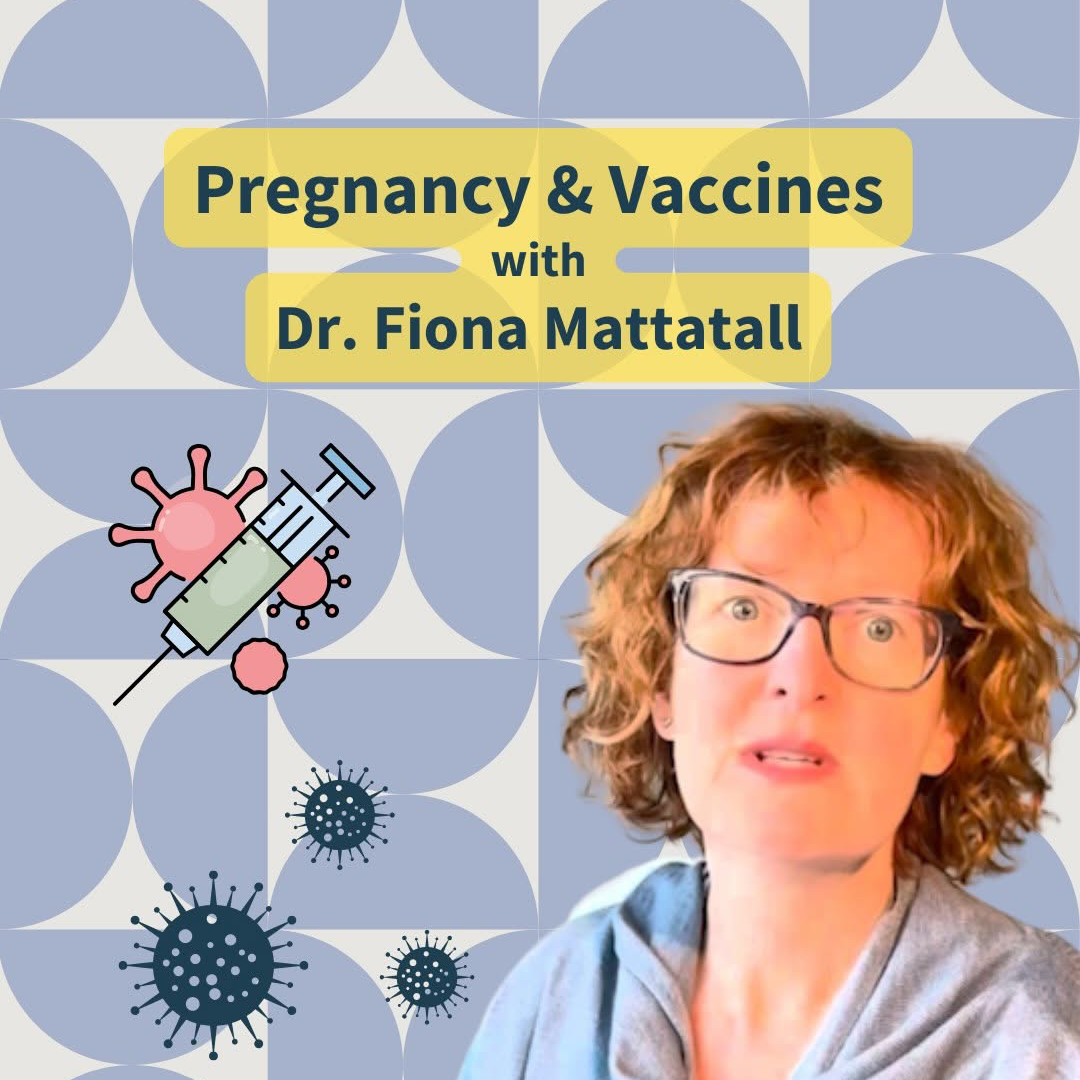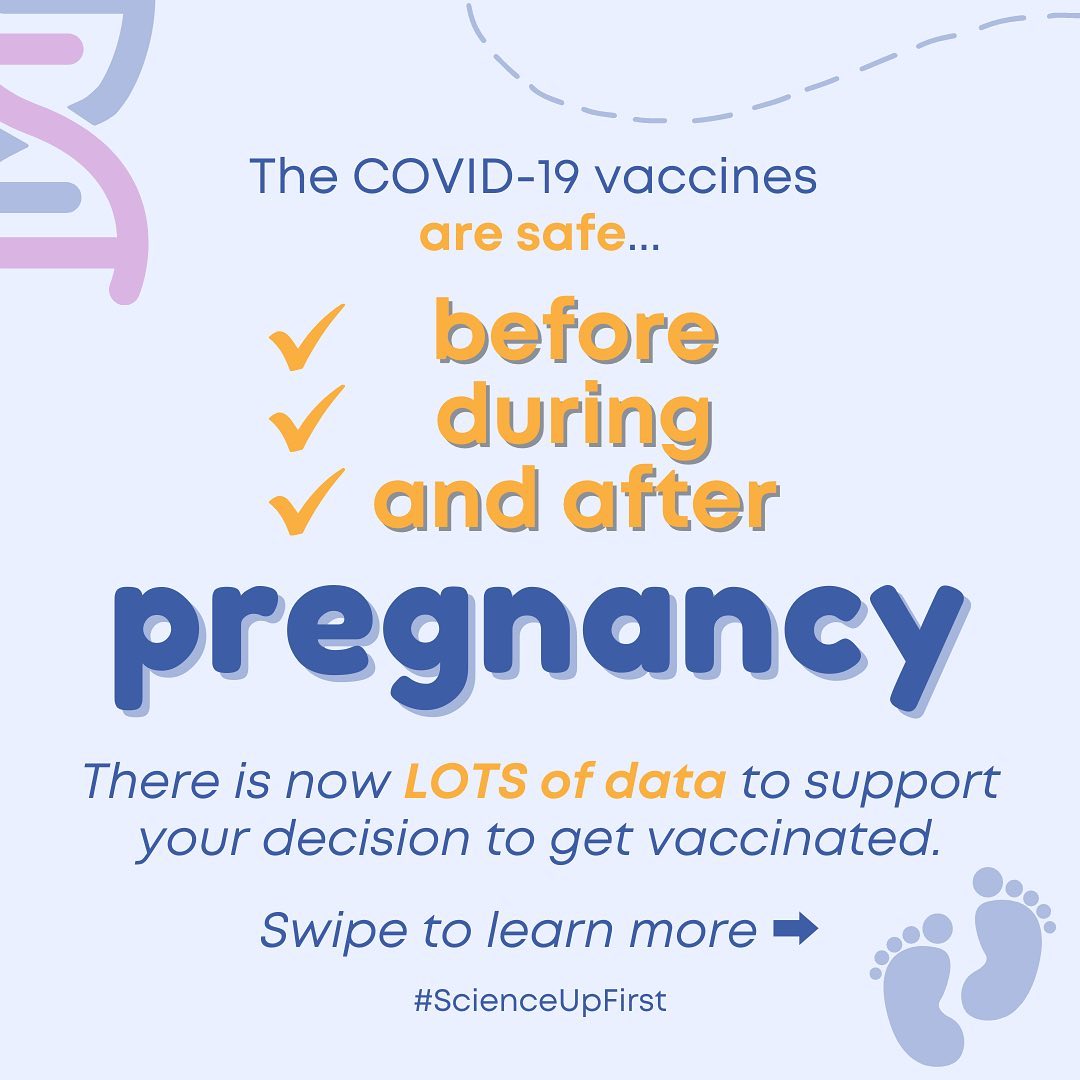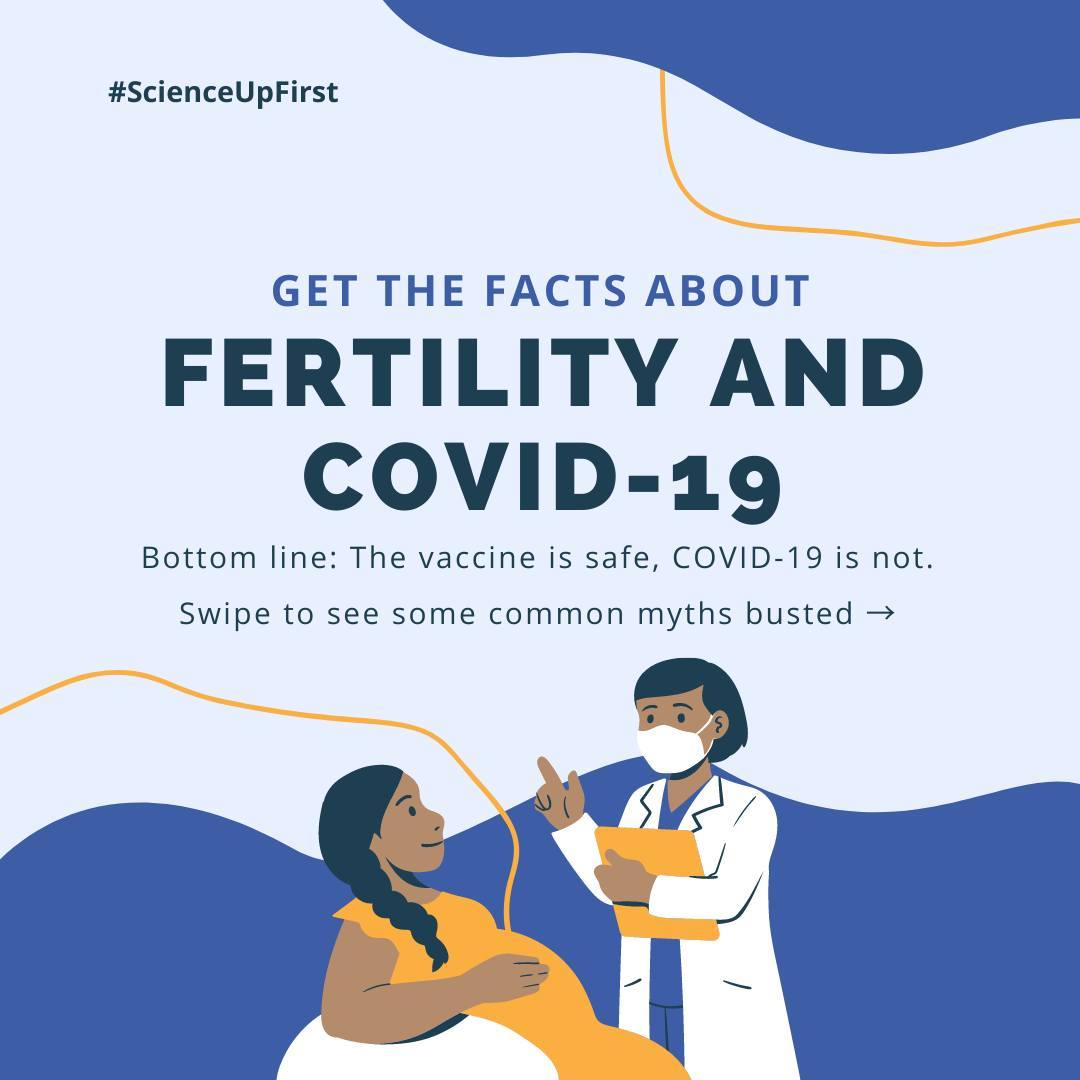Science Champions
We’re teaming up with creators across Canada
From coast to coast to coast, these creators are passionate about evidence-based decision making. Take a peek below!
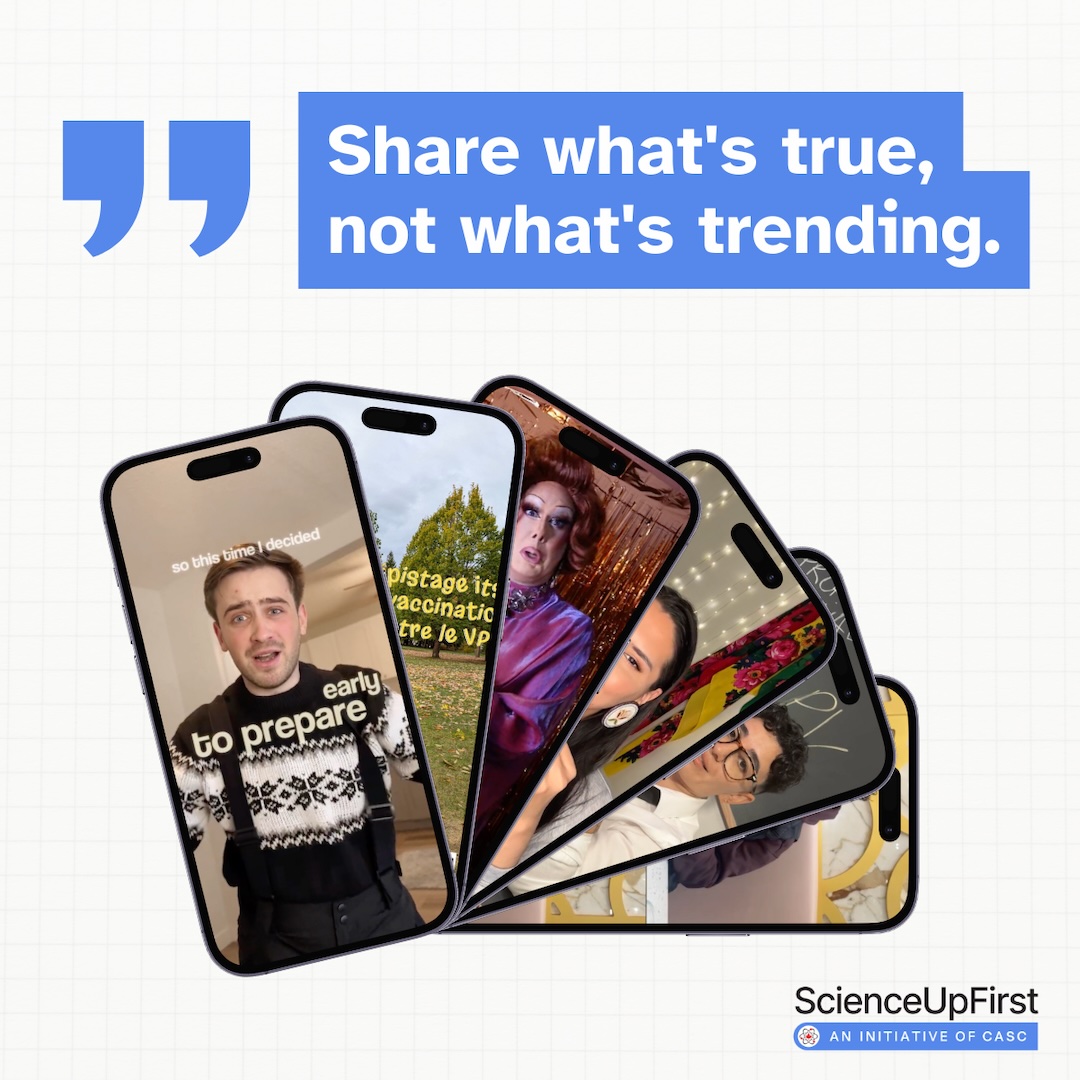
Share what’s true, not what’s trending.
Our latest campaign helps Canadians get clear, science-backed facts about flu, COVID, HPV, and important vaccines during pregnancy.
Sexual Health Vaccines
Related Posts
Frequently asked questions about HPV
In Quebec, HPV vaccination is free for everyone up to age 20 (X).
Men 26 years old or younger who have or plan to have sex with other men are also eligible for free vaccination (X).
People aged 21 to 45 can receive the HPV vaccine free of charge in Quebec as of October 2024. However, this temporary program will end soon, and access may vary depending on regional vaccine supplies (X). The vaccine is always free for those aged 21 to 45 that have a weakened immune system (X).
Before 2024, students were scheduled to receive 2 doses of HPV vaccines. One dose of nonavalent (HPV-9) in the 4th year of primary school, and a dose 60 months later (3rd year of secondary school) of bivalent vaccine (HPV-2). Starting in the 2024-2025 school year (so last year), only the first dose of nonavalent (HPV-9) in the 4th year of primary school is recommended. People that are immunocompetent and under 20 years of age are not required to receive additional doses (X). Two doses of HPV-9 at least 6 months apart are recommended for individuals 21 years or older (X).
Check this link to find out how to access your vaccine records: Don’t let the vaccine record hide-and-seek stress you out! | ScienceUpFirst
Most symptoms or reactions are benign and do not last long. In most cases (>50%) people will experience pain at the injection site. Less than 50% of people will also experience redness or swelling at the injection site and less than 10% of people will experience itching around the injection site and/or fever (X). Headache, nausea, fatigue, and muscle pain are also possible, but should resolve in a few days (X).
Over 500 million HPV vaccine doses have been given worldwide, and scientific data show no serious or unexpected safety issues. No link has been found between the vaccine and serious illnesses or deaths (X).
There’s no strict age limit for the HPV vaccine. Even if you’ve already been exposed to some HPV types, the vaccine can still protect you against others. And getting even one dose provides some benefit compared to not being vaccinated at all (X).
That said, in Canada, the nanovalent HPV vaccine is only licensed for (X):
- Girls and women ages 9 to 45
- Boys and men ages 9 to 26
Outside of these age ranges, the vaccine may still offer benefits, but it’s considered “off-label” use because there isn’t enough data from clinical trials in older age groups. If you’re older, talk to your doctor about whether the vaccine is right for you (X,X).
The vaccine works best when given before becoming sexually active, but even if you’re already sexually active, it can still help reduce your risk of HPV-related diseases (X).
HPV Immunization is free of charge for eligible Quebec individuals. The price can vary depending on the location where you will receive the vaccine (CLSC, clinic, pharmacy).
You can book an appointment on Clic Santé or by calling 1-877-644-4545 Monday to Friday between 8 a.m. and 6 p.m., or on weekends between 8:30 a.m. and 4:30 p.m (X).
Originally, HPV vaccination programs focused on girls because the main public health goal was to prevent cervical cancer, which is caused by high-risk HPV types in women. Early safety and efficacy studies were also mostly conducted in females. By preventing infection, the HPV vaccine also helps prevent transmission. Hence vaccinating male against HPV also indirectly protects girls and women (X). Plus, over time, evidence showed that HPV can also cause cancers such as anal, penile, and oropharyngeal cancers in all genders (the risk of oropharyngeal cancer is higher in men than in women). As a result, it made sense to expand the policy rationale to include boys as well (X,X,X,X,X,X,X).
#VaxOverFiction
At ScienceUpFirst we’re putting #VaxOverFiction! Our mission? Ensuring Canadians have easy access to science-backed information for informed health decisions, particularly regarding vaccines. We’ve partnered with nine fantastic English and French content creators. Together, we’re crafting a captivating online experience to debunk vaccine myths and promote facts in a friendly and engaging manner.
English Content
-
Kairyn Potts, Jan 31 2024
-
Haley Robinson, Jan 26 2024
-
Online Kyne, Jan 12 2024
@onlinekyne Vaccines save lives! Stay up to date on yours. @ScienceUpFirst #ScienceUpFirst #VaxOverFiction ♬ original sound – Kyne -
Sarah Habibi, Jan 10 2024
-
Aliya Gulamhusein, Jan 04 2024
-
Musemo Handhu, Dec 20 2023
-
Online Kyne, Dec 18 2023
@onlinekyne Get vaxxed and protect yourself and your loved ones this holiday season! For more info, check out @ScienceUpFirst #ScienceUpFirst #VaxOverFiction ♬ original sound – Kyne -
Aliya Gulamhusein, Dec 13 2023
-
Sarah Habibi, Dec 12 2023
-
Musemo Handhu, Dec 08 2023
-
Sarah Habibi, Dec 06 2023
-
Online Kyne, Dec 01 2023
@onlinekyne Have you had a flu shot & Covid booster recently? If you have questions, a good resource is @ScienceUpFirst ! #ScienceUpFirst #VaxOverFiction ♬ original sound – Kyne
French Content
-
Gisele Lullaby, Feb 19 2024
-
Gisele Lullaby, Feb 12 2024
@giselelullaby Apprenez à vous protéger ainsi que vos proches en suivant @LaSciencedAbord sur les réseaux sociaux et en luttant contre la désinformation scientifique sur la vaccination!#LaSciencedAbord #pub ♬ son original – Gisèle Lullaby -
Gisele Lullaby, Feb 05 2024
-
Zozo Duval, Jan 31 2024
-
Ducelle, Jan 24 2024
-
Xavier Watso, Dec 19 2023
-
Duchelle, Dec 15 2023

